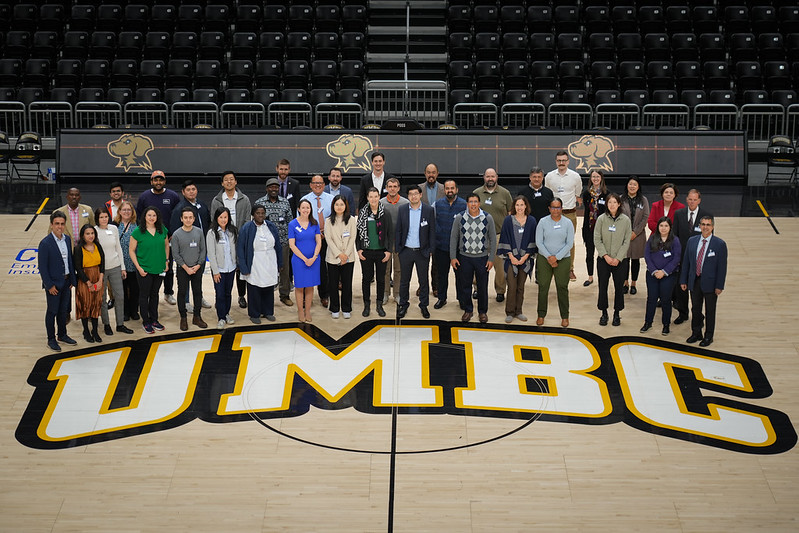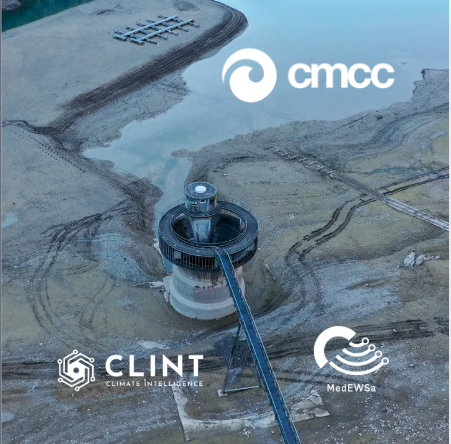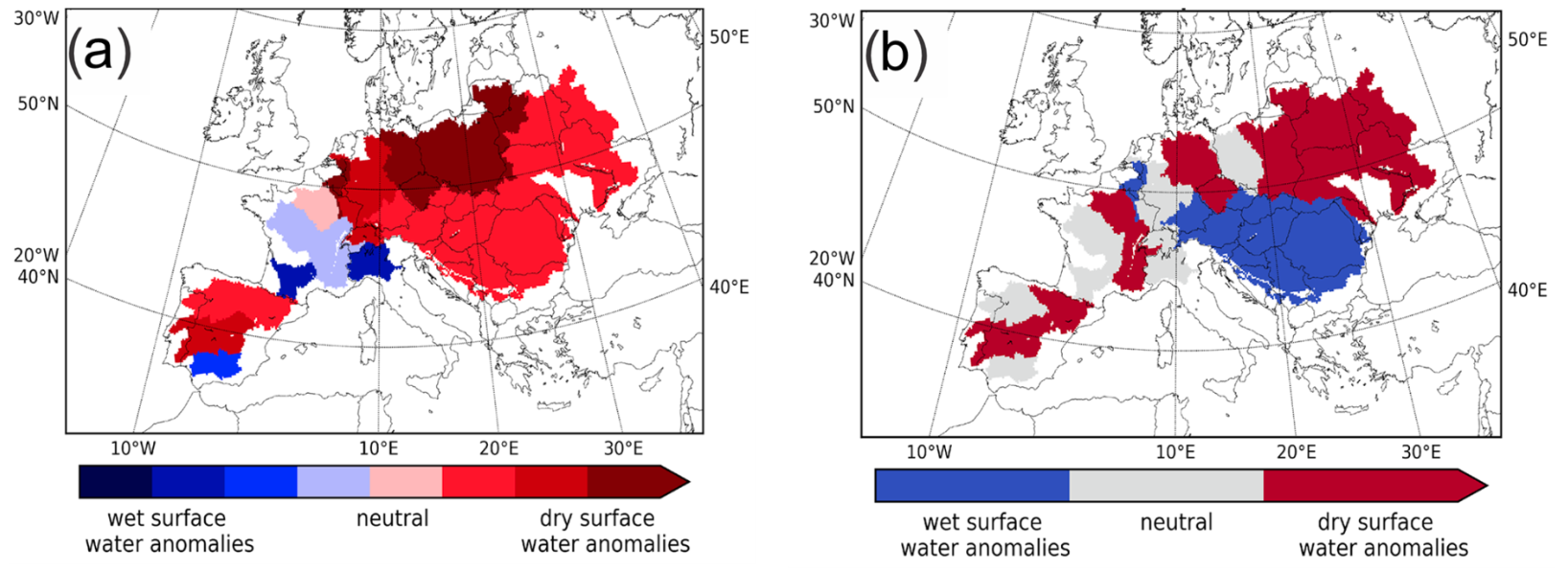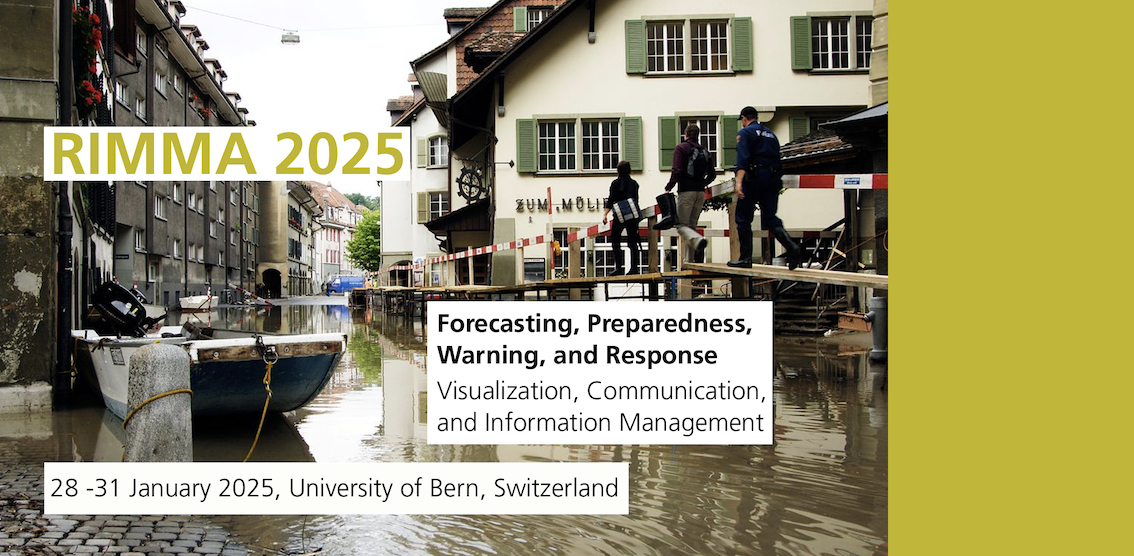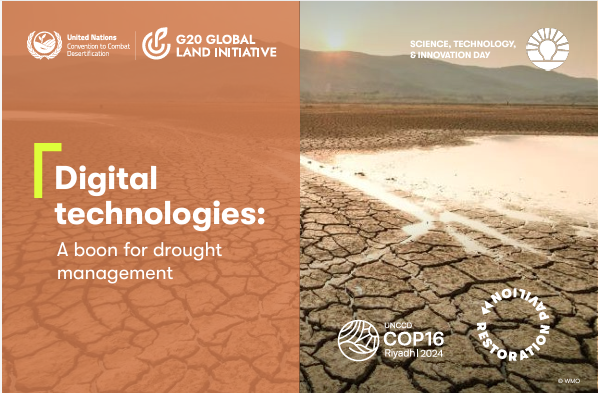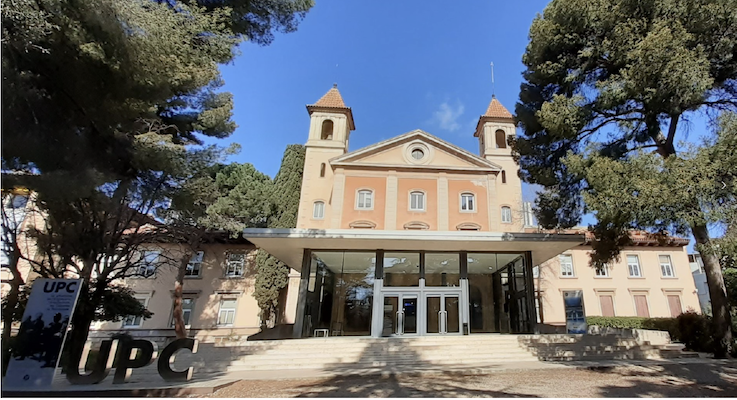MedEWSa exemplifies a pivotal moment for the global AI community, redefining our engagement with our environment and demonstrating AI’s transformative role in natural disaster management.
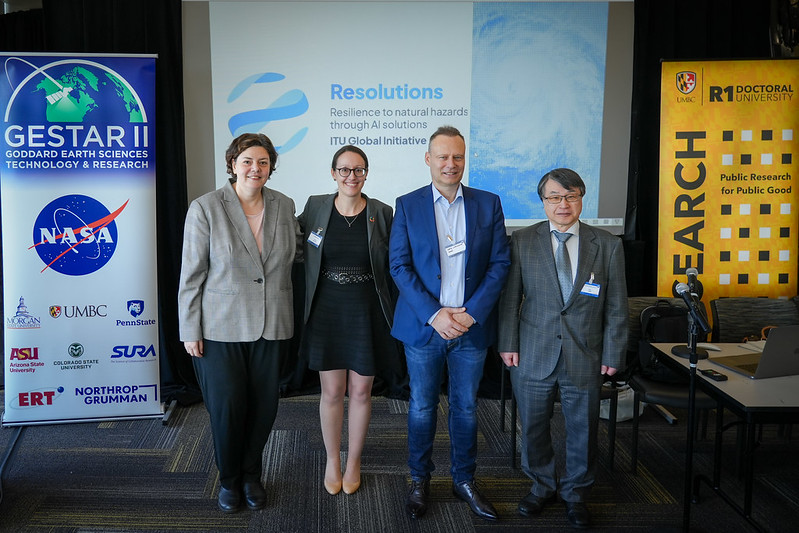
As extreme weather events and cascading natural hazards become increasingly severe, widespread, and frequent, the urgency for innovative disaster management strategies intensifies. At the forefront of climate action, the Mediterranean and Pan-European Forecast and Early Warning System against Natural Hazards (MedEWSa) project is emerging as a significant advancement in leveraging artificial intelligence (AI) for enhancing disaster preparedness and response.
The final meeting of the Focus Group on Artificial Intelligence and Disaster Management (FG-AI4NDM) recently wrapped up its 4-year mission and mapped out the transition of the ITU-WMO-UNEP led group into the Resolutions global initiative. At this pivotal gathering, MedEWSA’s partners and use cases highlighted the prospective trajectory and geographic focus of MedEWSa heralding a promising move towards the integration of AI in disaster management, offering hope and practical solutions to a global audience of practitioners.
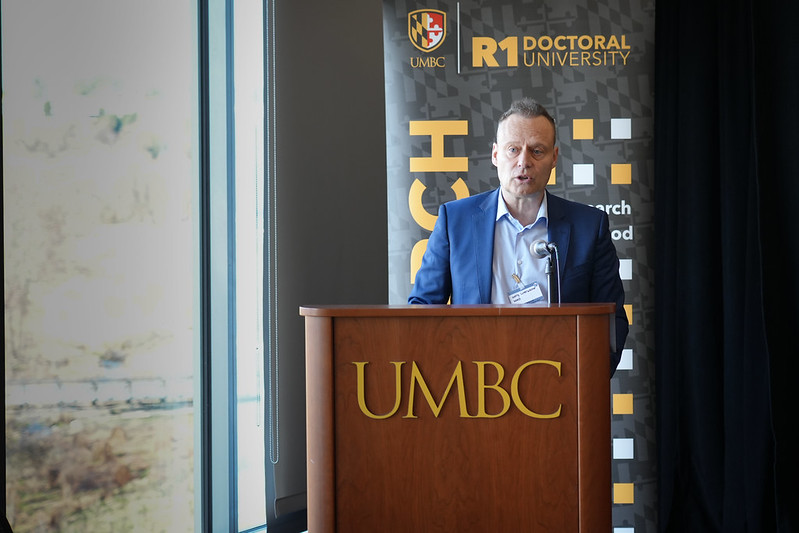
Prof. Juerg Luterbacher and Dr. Elena Xoplaki’s update on MedEWSa underscored the potential of AI to revolutionize our approach to predicting, preparing for, mitigating, and responding to the impacts of natural hazards. The project aims to develop a sophisticated, AI-powered infrastructure to protect nations and communities in the extended Mediterranean basin, one of the most rapidly warming and hazard-prone areas globally. From medicanes to droughts, and from major volcanic eruptions to devastating earthquakes and tsunamis, the countries bordering the Mediterranean need a coherent multi-hazard early warning system.
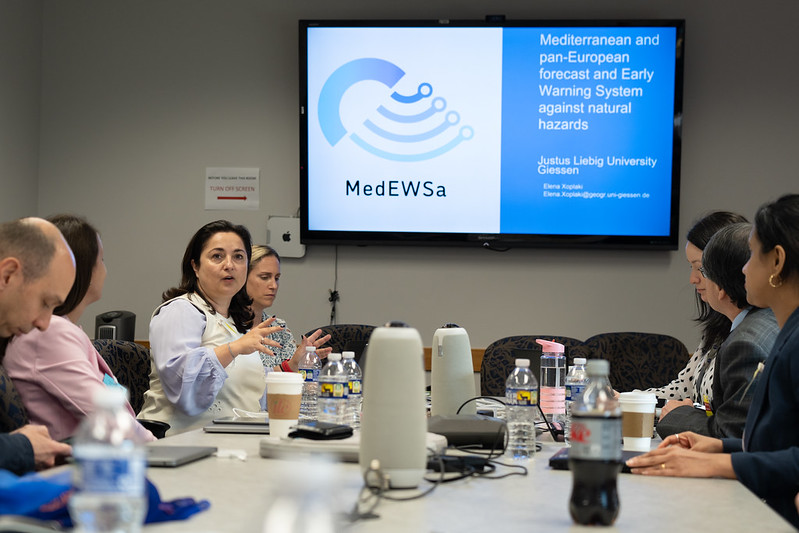
Ethiopia, a country prioritized by the Early Warnings for All initiative due to its susceptibility to natural hazards, serves as one of the project’s pilot sites. This commitment highlights MedEWSa’s dedication to technological advancement and addressing the needs of vulnerable regions. The Resolutions Initiative will emphasize educational and capacity-building activities to ensure the widespread application and implementation of successful tools and products. By arming communities and disaster management professionals with the necessary knowledge and tools to harness AI, MedEWSa and related projects will deliver lasting impact, bolstering resilience against natural hazards.
Funded by the European Union’s Horizon program and coordinated by the World Meteorological Organization (WMO), MedEWSa represents the inaugural project under the Resolutions umbrella. This large scale endeavor extends beyond academia to muster expertise from the private sector, international organisations, national hydromet services, and NGOs, embodying a practical and significant collaboration drawing on over 27 AI-based use cases in disaster management, meticulously documented by the University of Maryland Baltimore County.
In light of the escalating challenges posed by climate change and natural hazards, initiatives like MedEWSa share a common goal with the United Nations led Early Warnings for All initiative. Indeed, MedEWSa will be a key exemplar and lighthouse project in ensuring that ambitious target – that all in the world are protected by early warning systems by 2027 – is reached.
Through the strategic use of AI, we are transitioning from merely reacting to disasters to anticipating, preparing for, and importantly, mitigating their effects on human lives and livelihoods. MedEWSa’s journey is just the beginning, highlighting the potential of technology to forge a resilient, disaster-prepared society.
